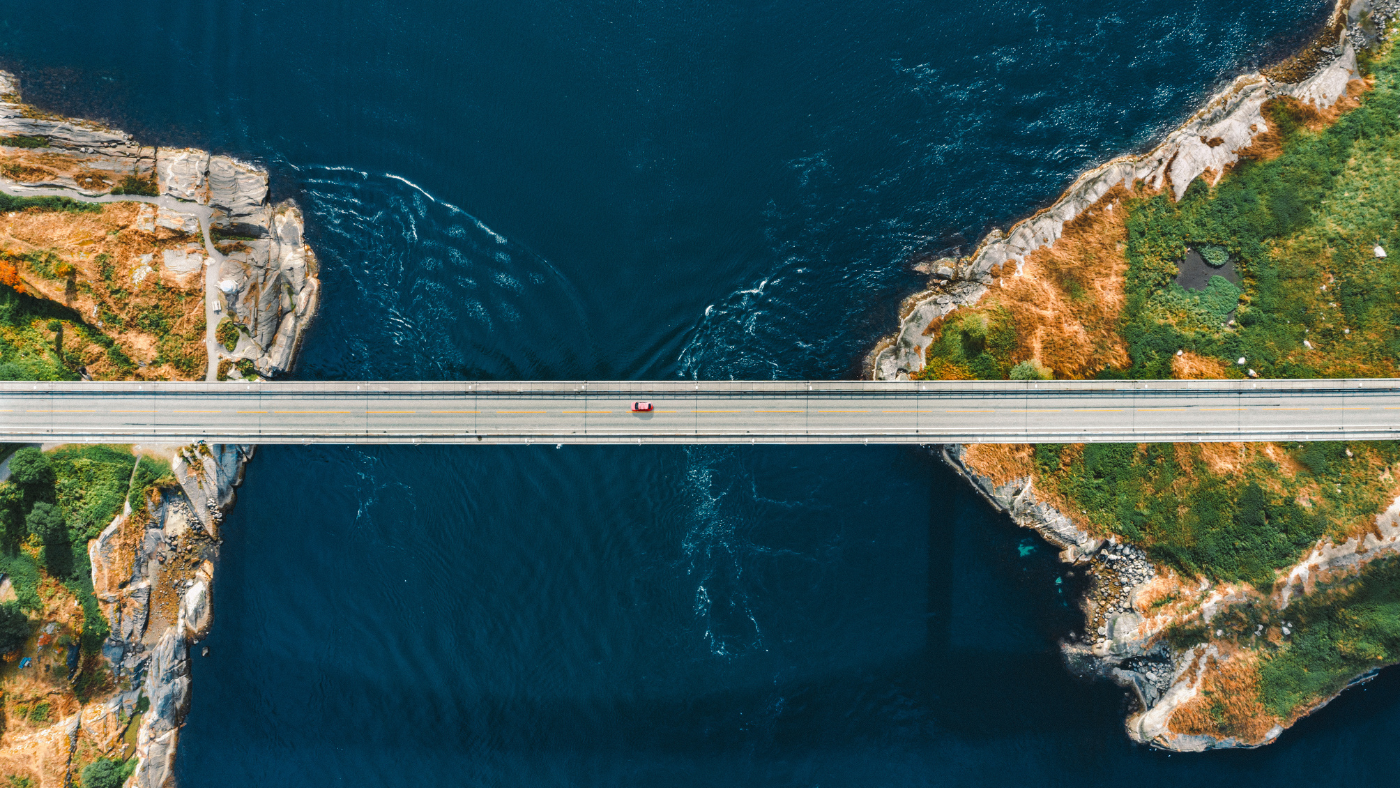Marine and coastal construction projects have always provided unique challenges, from unpredictable weather patterns to environmental and regulatory permitting. The projects are complex, requiring specialised equipment, experienced and skilled scheduling, and coordination with a variety of stakeholders. As many have experienced, marine and coastal construction projects can be more vulnerable to financial risks compared to traditional construction projects.
Despite the research and exposures that have happened over the past few decades, marine and coastal construction projects have still experienced significant risk exposures and damages. This article is about the financial risks of marine and coastal projects. which often captures the attention of any construction project. Technical risks will be covered in a future article, but I will touch on some technical elements. For those managing projects, understanding the financial risks and setting robust planning strategies is of course vital for the success of a project in the marine and coastal environments.
The Financial Implications of Delays and Cost Overruns
Delays and cost overruns appear to impact marine and coastal construction projects on far too many occasions. Research over recent years including a study by Karami & Olatunji (2018) has highlighted that many marine projects encounter delays due to environmental factors, regulatory hurdles, and logistical complexities. A 2023 article by the International Association for Dredging Companies mentioned that high incidences of unforeseen physical conditions is a major cause of cost overruns. The financial implications of these types of projects can be substantial.
Delays can extend project timelines, meaning more labour hours, equipment rentals, and support services. In many cases, labour costs increase exponentially as specialised marine and coastal workers, vessel crews and project management teams are kept on standby.
Almost every marine and coastal construction project I have been involved in has required specialised vessels and heavy equipment. Mobilising this equipment can take several weeks and sometimes months and once onsite, it is often a difficult cost decision to demobilise and remobilise versus leaving the equipment idle during the delay. If there are delays due to environmental conditions or regulatory approvals, the cost of equipment sitting idle will quickly become a significant issue. As an example, an idle ‘Jack up Rig’ capable of operating in depths of up to 120 meters can cost between US$40,000 and US$80,000 per day.
It is also often poorly understood that coastal projects frequently have complex and strict environmental regulations. If delays cause non-compliance with environmental laws or permit conditions, the project may face fines, penalties, or in some cases legal action.
Mitigating Financial Risks
Given the financial consequences of mismanaging a marine construction project, specialised and experienced attention to the project schedule, budgeting and financial planning are crucial to the success. We can look at some strategies to mitigate financial risks in marine and coastal construction.
Before any project begins, the project team should conduct a thorough risk assessment that considers weather conditions, regulatory timelines, environmental impacts, and technical challenges. I have developed a robust technical risk library for use on projects at the development stage to facilitate open discussions to identify common risks and unique project specific risks. Developing contingency plans for these risks allows the team to prepare for unexpected delays.
Mitigating Weather Delay & Factor In Seasonal Planning
Marine and coastal construction projects are vulnerable to weather-related delays due to the dynamic environmental conditions in which contractors operate heavy machinery and vessels. The projects are constructed in offshore or nearshore environments where wind, waves, tides, and storms will almost certainly, in every case, cause disruptions to operations, sometimes with significant impacts.
The impacts of adverse weather can range from downtime for marine vessels and equipment to potential damage to infrastructure, which can result in project delays, cost overruns, and safety concerns. A mitigation strategy against these risks will include performing appropriate studies, obtaining local knowledge from Harbour Masters and fishing vessel crews among other research, and integrating advanced weather forecasting into the project plan.
Seasonal planning is equally important, particularly in regions where certain weather patterns are predictable. (e.g., in tropical regions, the hurricane season can cause severe delays and equipment damage, while in northern latitudes, winter storms and ice conditions can disrupt operations).
To mitigate the seasonal risks, project managers should plan for downtime during known adverse weather seasons and adjust project schedules accordingly. This can involve either accelerating certain phases of the project ahead of time or budgeting for extended timelines during these periods. Additionally, contingency planning should be built into the project timeline to accommodate weather-related interruptions.
Contingency Funding & Stakeholder Engagement
Marine and coastal projects should always include a robust contingency fund. This fund should be allocated based on the risk assessment and reviewed regularly as the project moves into the next stage. A typical contingency allocation can range from 10% to 25% of the project budget, depending on the project’s complexity and risk exposure.
As with any construction project it is imperative to develop contracts to manage and allocate financial risks. Well-drafted contracts should include provisions for delays due to force majeure (e.g., extreme weather events), provisions for change orders, and clear agreements on who bears responsibility for unexpected cost increases.
Finally, I address the financial risks associated with stakeholder engagement. I have in the past, experienced projects delayed significantly due to the poor management of stakeholder engagement in the coastal and marine environment. A thorough identification stage is required to fully understand the stakeholders involved. It is then just as important to regularly engage with all stakeholders – including regulatory bodies, non-governmental organizations, environmental agencies, local communities including religious groups, where warranted. Effective communication can help to identify potential regulatory hurdles or community concerns that can cause significant delays.
Marine and coastal construction projects demand detailed financial planning due to the risks involved. Construction in these unique and difficult environments is a ‘risky business’ but by understanding the potential implications of delays and cost overruns, and by implementing solid budgeting practices, contractors and project managers can reduce the risk of financial losses. In sum, remain adaptable, plan for the unexpected, and maintain constant monitoring of project costs.
About the author
Nicholas Cane is a Senior Managing Director at VERTEX and brings a wealth of experience and expertise to the topic. With a background that spans over two decades, Nicholas has built a distinguished career in risk management, project delivery, and construction dispute resolution, particularly in the realms of marine, coastal, and infrastructure projects. Nicholas’ career is marked by his ability to navigate the technical and financial complexities of large-scale marine and coastal projects. His work has taken him across the globe, where he has managed construction projects and acted as an expert in international disputes concerning infrastructure development. His expertise extends to managing risks associated with environmental conditions, regulatory compliance, and the challenges posed by operating in remote and offshore environments.
For more information on marine and coastal construction risks or to discuss how VERTEX can support your project, contact the author, Nicholas Cane, or submit an inquiry today. Our team is ready to assist with expert guidance and tailored solutions.




